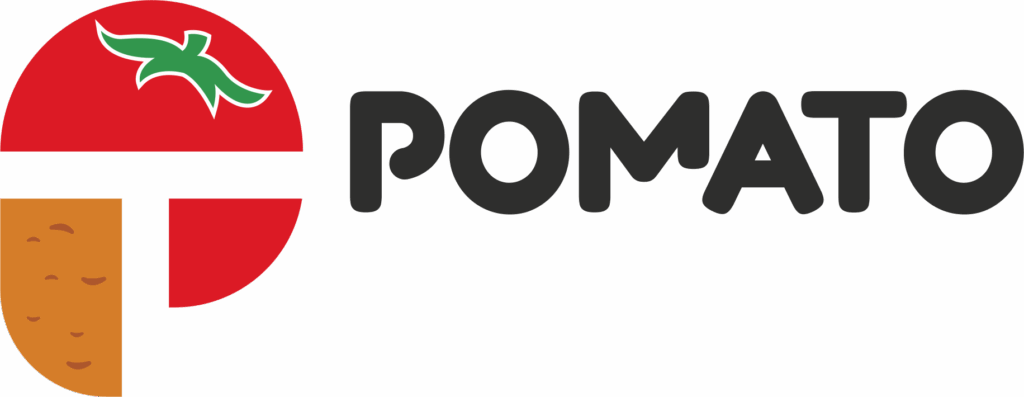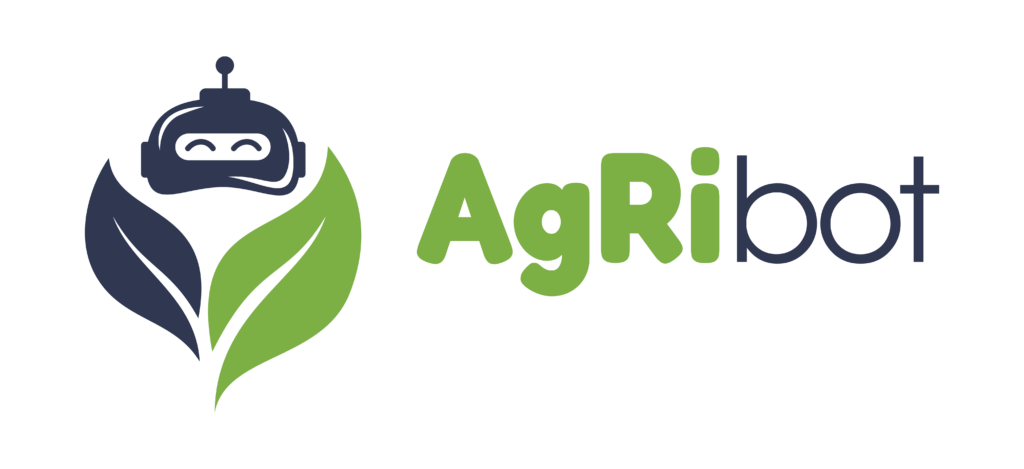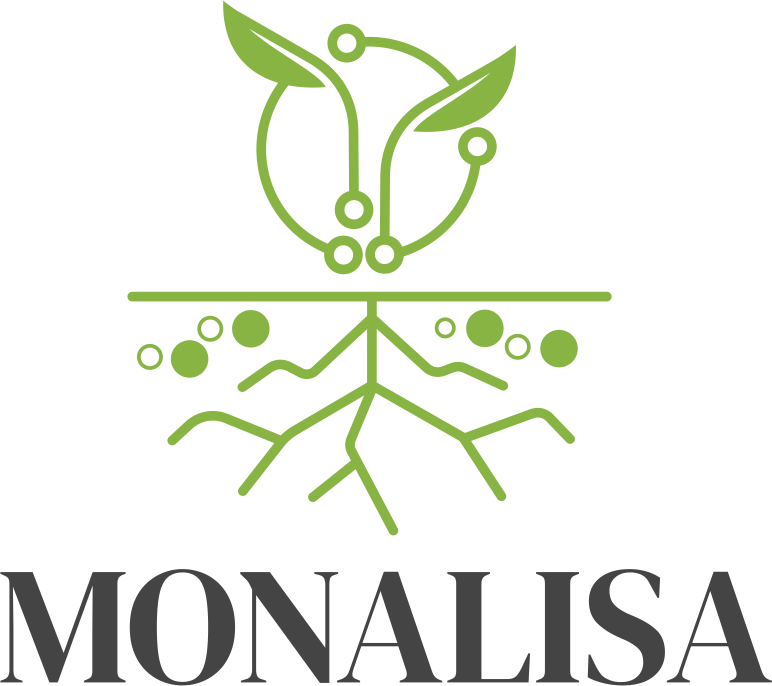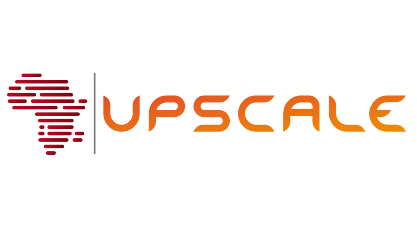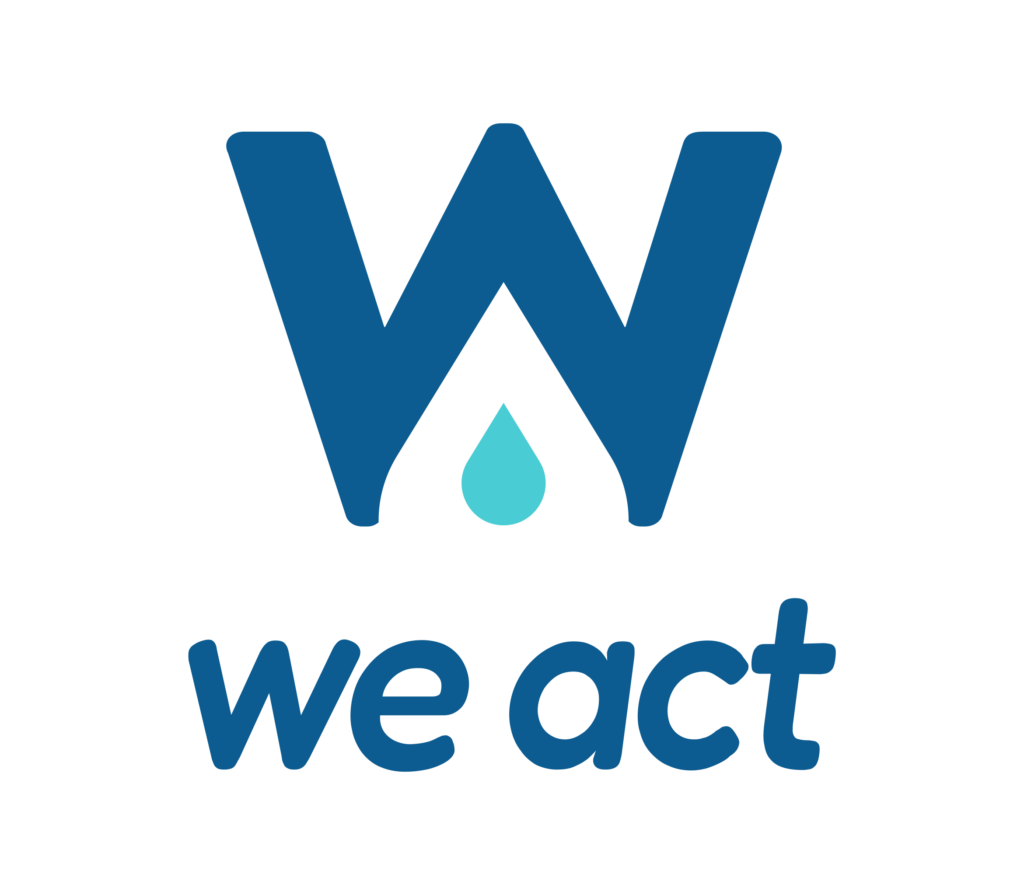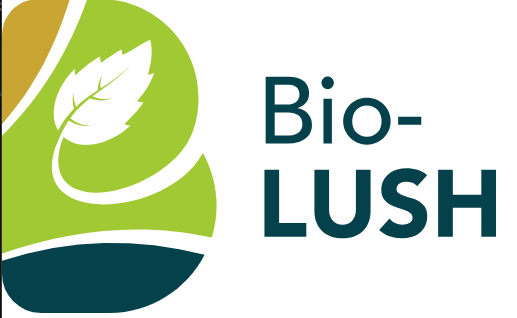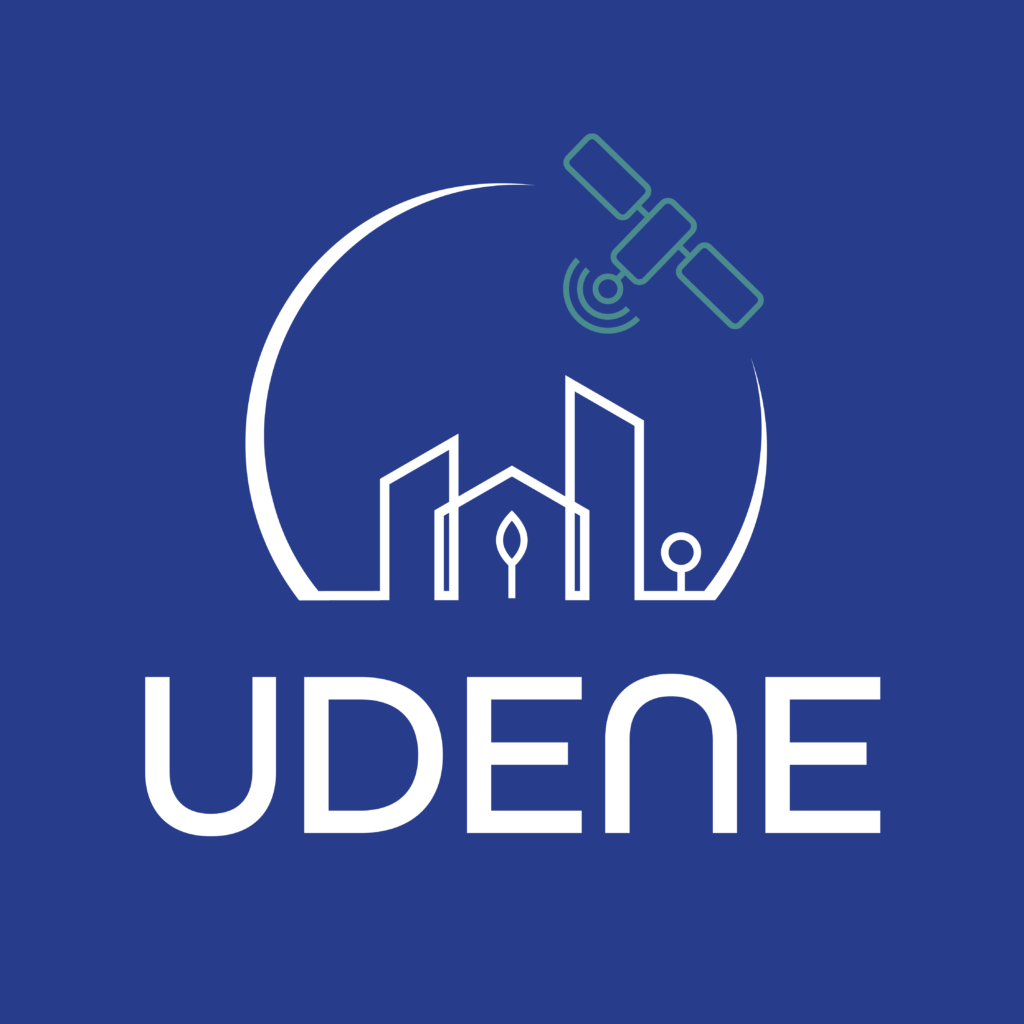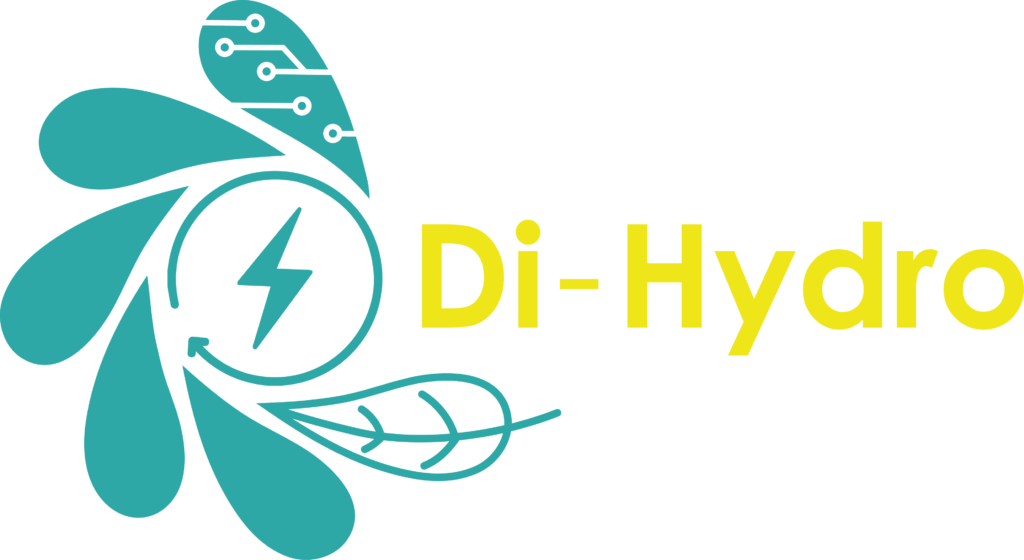BIOARC
BIOARC connects the agricultural and construction sector by developing high-performance bio-based building materials from agricultural by-products. The project engages with the NEB hub for results and impacts, as well as contributing to regenerative design principles in the construction sector. BIOARC aims to provide scalable, cost-effective, and high-performance materials, while supporting local economies and promoting resilience against environmental and economic changes.
POMATO
The POMATO project focuses on combating the spread of quarantine pests, particularly Clavibacter sepedonicus (Cs) and Ralstonia solanacearum (Rs), which threaten the health and quality of potato and tomato crops. POMATO’s goal is to safeguard the crops by developing early detection systems, bio-control solutions, and Integrated Pest Management (IPM) strategies to reduce pest incidence by 40-60%.
AgRibot
AgRibot is a groundbreaking project aimed at advancing robotics as well as augmented and extended reality (AR/XR) technologies within the agricultural sector. The project’s overarching goal is to achieve a range of critical impacts including: improving working conditions, reducing environmental footprint, addressing workforce shortages, and enhancing overall sustainability and competitiveness.
MONALISA
MONALISA aims to promote innovative solutions to prevent and reverse land degradation and desertification (LDD) and highlighting their socio-economic and environmental benefits. Using a transdisciplinary approach, MONALISA integrates scientific and local knowledge from social learning spaces involving multi-sector stakeholders and researchers.
CHOICE
CHOICE seeks to mainstream Integrated Assessment Models (IAMs) in the Food, Agriculture, and Land Use sectors, integrating behavior change and actor diversity into IAMs using a hybrid approach with a goal to accelerate climate action. CHOICE seeks to reveal how smaller actions can contribute to major climate policy objectives, fostering innovation and effectiveness.
INTELLIGENT
The INTELLIGENT project will provide advanced P2P technology and demonstrate its benefits in 4 diverse EU communities to encourage regulators in EU member states to empower more advanced local energy sharing and trading.
UPSCALE
UPSCALE aims to take key steps to realize the transformative potential of push-pull technology, to address food security, livelihoods and climate change resilience in the sub-Saharan region of East Africa, while reducing the environmental impact of agricultural practices.
WE-ACT
From Decision Support System to transboundary waters equitably among different sectors and users, newly Eu funded project WE-ACT will make a major step towards water efficient allocation in Central Asian Transboundary River
DRG4Food
DRG4Food project aim is to achieve trust in a data-driven food system by implementing Digital Responsibility Goals for the food sector. The project works on a clear strategic roadmap, a set technological enablers, demonstration of solutions, a structured funding programme with open calls, and measures to guide and support the food ecosystem of third party beneficiaries, citizens, stakeholders.
CiROCCO
CiROCCO’s vision is to establish an end-to-end sensing system, composed of a distributed network of cost-effective sensing nodes coupled with state-of-the-art data fusion remote sensing and assimilation modelling techniques.
BioLUSH
Bio-LUSH project aims to demonstrate a reliable value chain that exploit the cell wall structure of underexplored plant resources (forest residues, marine plants and weeds) in Europe to extract high quality fibres.
INTERSTORES
INTERSTORES promotes full-scale realisation of two substantially different sTES variants. The overarching goal is proving the international market potential of novel Reno-sTES and Giga-CTES by demonstration of a highly favourable techno-economic and environmental performance.
ELOQUENCE
Eloquence is focused on the research and development of innovative technologies for collaborative voice/chatbots. Voice assistant-powered dialogue engines have previously been deployed in a number of commercial and governmental technological pipelines, with a diverse level of complexity.
UDENE
The UDENE Project aims to use large amounts of Earth Observation (EO) data from Copernicus satellites and local sources to support evidence-based decision making for urban development. To support the UN Sustainable Development Goal 11 of making cities safe, resilient, and sustainable, the project will essentially create a virtual laboratory for urban planners and visionaries to test their development ideas.
Di-Hydro
Di-Hydro contributes towards harnessing the full potential of hydro-power (HP) plants and clusters in line with the objectives of the European Green Deal and the Paris Agreement, by development of tailored, optimized digital and smart decision-making tools for use in such plants, at scale.
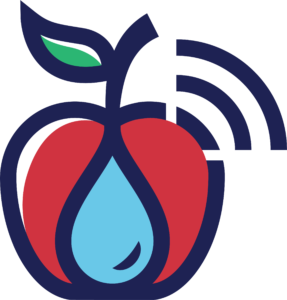
FruitCREWS
FruitCREWS Action addresses the challenges of climate change, particularly water scarcity and increased evapotranspiration in agriculture. Our focus is on fruit tree crops, which face significant risks due to these factors. Our Action aims to understand how fruit tree crops respond to drought stress in different environments. We strive to identify effective tools for real-time monitoring of plant water status and enable growers to schedule irrigation accurately using new technologies.
SpinIT
The common challenge addressed by the SpinIT project is the significant territorial disparities within the Danube Region (DR). This includes disparities in terms of innovation capacity, knowledge and technological development, as well as isolation of ecosystems in Eastern and Southeastern Europe.


